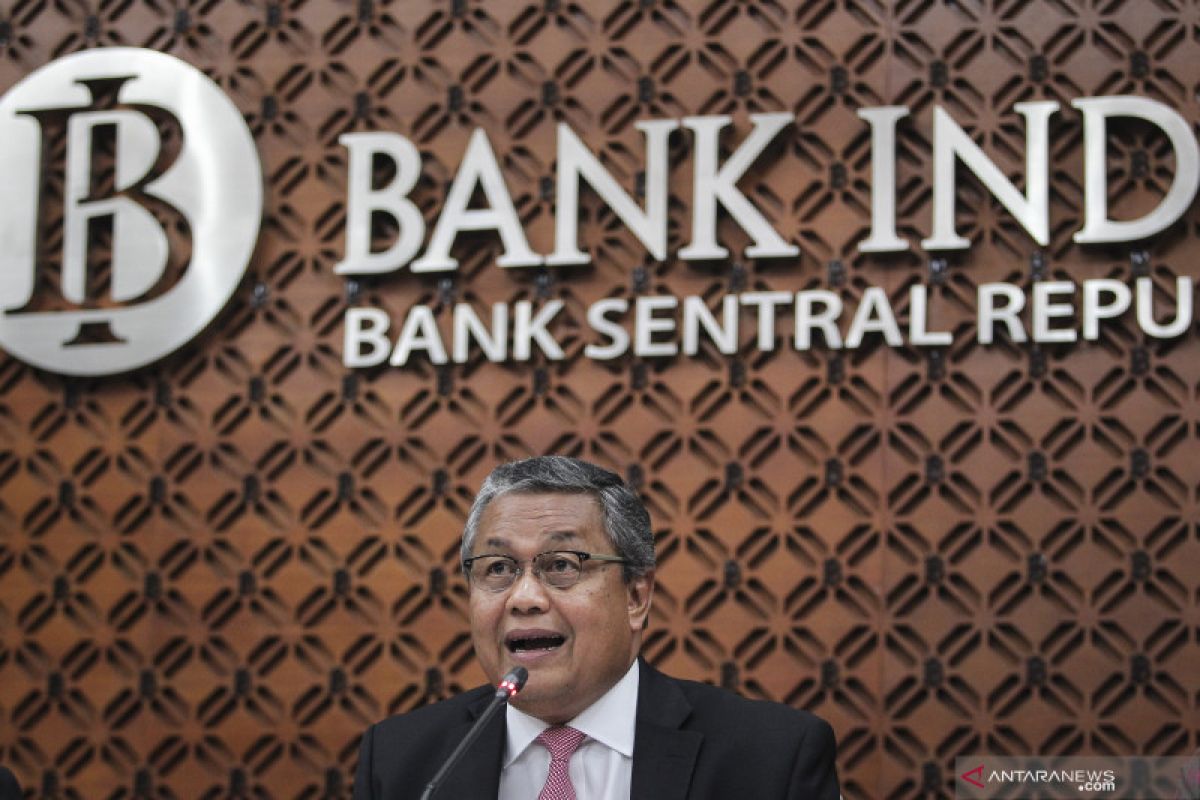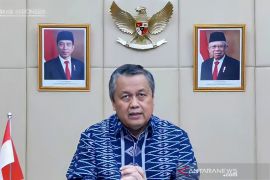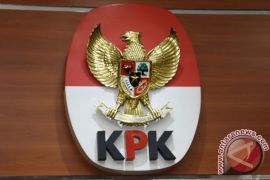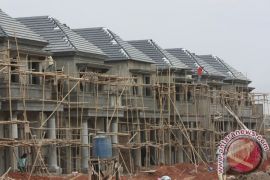In response to the statement, Governor of Bank Indonesia Perry Warjiyo stated that the assessment of R&I demonstrates that the policy mix instituted by Bank Indonesia and the Government is sound and is expected to strengthen the confidence of investors over Indonesia’s resilience and economic prospects.
There are some key factors that support the decision. First, Indonesia's economy is growing at a solid pace, according to a statement from Bank Indonesia received in Jakarta on Friday.
Second, the fiscal deficit to the gross domestic product (GDP) ratio lessened from the previous year, while the Government debt to GDP ratio remains low.
Third, Indonesia’s economic resilience to external shocks is maintained, supported by the Government and Bank Indonesia’s policies emphasizing macroeconomic stability.
Moreover, while the current account deficit in 2018 somewhat widened, foreign reserves are ample, relative to short-term external debts.
The wider deficit was due not only to a rise in crude oil prices but also an increase in imports of capital goods stemming from more buoyant investment activities, which would contribute to strengthening the economic fundamentals.
In addition, the central government fiscal deficit narrowed to 1.76 percent of GDP in 2018, backed by a significant increase in non-tax revenue resulting mainly from higher crude oil prices, as well as relatively high growth in tax revenue buoyed by solid domestic demand and enhanced tax collection efficiency.
R&I had previously raised Indonesia Sovereign Credit Rating from a BBB-/positive outlook to a BBB/stable outlook on 7 March 2018.
Reporter: Azis Kurmala
Editor: Suharto
Copyright © ANTARA 2019









